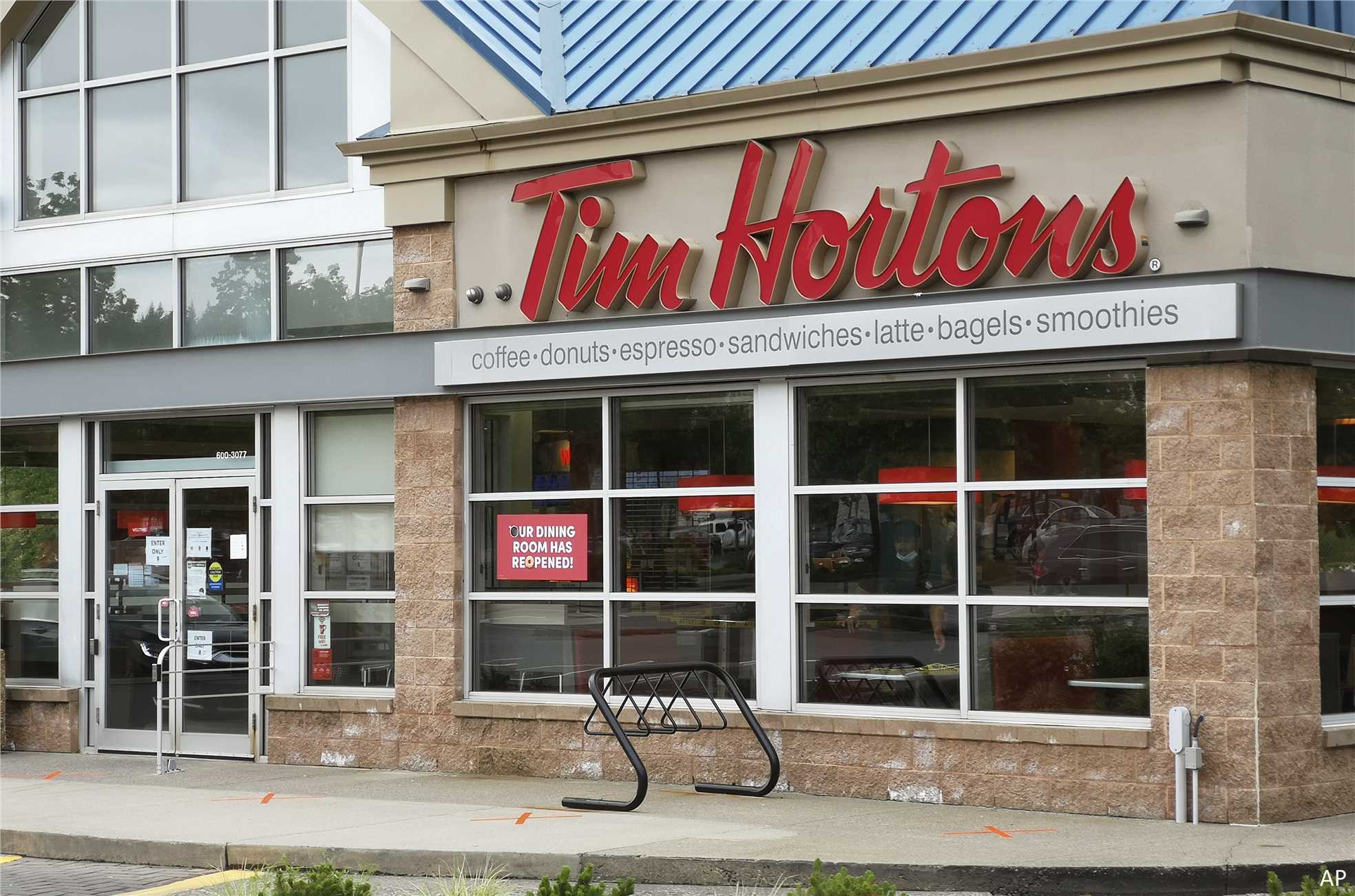
It’s the time of year when the world can hope to see the pandemic blues subside and festive spirit soar. The holiday season is underway and homebound shoppers are scrambling to make their shopping wish list and checking it twice in preparation for the year-end shopping bonanza.
The retailers are ready for the seasonal buying frenzy. If the Black Friday and Cyber Monday deals are anything to go by, retail businesses are going all out to cash in on the surge in online holiday shopping and close out the year with a revenue bump. Despite, or perhaps because of, the scourge of COVID-19, the retail industry has performed remarkably well as long lockdowns, travel restrictions and panic buying conspired to drive strong sales as consumers flocked to online shopping. This is evidenced by the more than 33% gains for the S&P Retail Select Industry Index, handily topping the 13% returns for the S&P 500 index, for the year to date, as of December 04.
For opportunistic investors, this may be a good time to look at leading retail players that continue to corner the bulk of online sales. These retail heavyweights boast well-funded businesses with a global footprint and sustainable competitive advantage that create a long, multiyear growth runway through and beyond times of economic uncertainty.
| Walmart Inc | ||
| Ticker | WMT | |
| Current yield: | 1.45% | |
| Forward P/E: | 25.97 | |
| Price | US$147.94 | |
| Fair value: | US$124 | |
| Value | 28% premium | |
| Moat | Wide | |
| Moat Trend: | Stable | |
| Star rating: | ** | |
| Data as of Dec 04, 2020 | ||
Retail giant, Walmart (WMT) operates over 11,500 stores globally with their U.S. home market accounting for 77% of sales, while Mexico and Central America (6%), the U.K. (6%), and Canada (4%) are its largest external markets. America’s largest retailer by sales, it also operates several e-commerce properties apart from its eponymous site, including Flipkart and shoes.com. Walmart also has about a 10% stake in Chinese online retailer JD.com. E-commerce accounted for about 7% of fiscal 2020 sales.
The retailer’s wide moat stems from unrivalled scale, prodigious procurement strength, a strong brand, and a growing e-commerce platform. “We believe Walmart is the only American retailer that can compete comprehensively with Amazon’s retail offering,” says a Morningstar equity report, noting while the intensely competitive retail environment is “being disrupted by Amazon’s expanding scope and distribution strength, but we expect Walmart to hold serve.”
Walmart is competing aggressively against Amazon in the online space with its own Walmart+ membership program. Recently, Walmart dropped its US$35 online shipping minimum for the Walmart+ subscribers to attract holiday shopping dollars. “Walmart+ should help drive omnichannel sales in grocery and other categories while boosting shopper loyalty,” says Morningstar equity analyst, Zain Akbari, who recently raised the stock’s fair value from US$116 to US$124, reflecting strong third-quarter results.
The company has been pushing to bulk up its global omnichannel capabilities (organically and through acquisitions), leading to the creation of “an infrastructure that should support digital percentage growth well into the double-digits for years to come,” says Akbari. Walmart’s scale, cost advantage and leverage with retailers should protect returns for decades to come, he adds.
| Amazon.com Inc | ||
| Ticker | AMZN | |
| Current yield: | - | |
| Forward P/E: | 60.24 | |
| Price | US$3,168.73 | |
| Fair value: | US$3,600 | |
| Value | 13% discount | |
| Moat | Wide | |
| Moat Trend: | Stable | |
| Star rating: | *** | |
| Data as of Dec 04, 2020 | ||
One of the highest-grossing online retailers, Amazon (AMZN) generated US$281 billion in sales in 2019. The firm derives 50% of its revenue from online product and digital media sales, another 19% from commissions, related fulfillment and shipping fees, while third-party seller services (19%), Amazon Web Services (13%), and Prime membership services (7%), make up most of the rest. International segments contributed 27% of Amazon's non-AWS sales in 2019.
The company stands to benefit from the COVID-19-related changes in consumer behaviour, which has helped accelerate its online commerce offerings. “Amazon finds itself in a unique position amid the global COVID-19 outbreak,” says a Morningstar equity report, adding that “as containment efforts persist and consumers isolate themselves, certain Amazon services will continue to see increased adoption."
While the digital retailer’s online grocery has accelerated significantly, a spike in telecommuting has accelerated adoption of its cloud offerings. “AWS stands to benefit from increased enterprise cloud computing, storage, networking/content delivery, mobile app, and digital security usage,” says Akbari, who recently raised the stock’s fair value from US$3,600 to US$3,630.
In the retail space, wide-moat Amazon as fast emerged as a disruptive force and a default option for many online buyers. “Amazon has done a better job diversifying its product mix toward more consumer staples in recent years, which should help to insulate the company from a global economic slowdown or recession,” Akbari asserts.
Amazon is also well positioned to benefit from increased demand for entertainment content, providing a boost for its original content and services it offers to other content providers.
| Costco Wholesale Corp | ||
| Ticker: | COST | |
| Current yield: | 0.75% | |
| Forward P/E: | 38.31 | |
| Price: | US $372.52 | |
| Fair value: | US $310 | |
| Value: | 21% premium | |
| Moat: | Wide | |
| Moat trend: | Stable | |
| Star rating: | ** |
|
| Data as of Dec 04, 2020 | ||
Costco (COST) operates 795 wholesale membership warehouses worldwide. The U.S. (73% of sales) and Canada (13%) account for the bulk of its sales. Food and sundries generate 42% of sales, with hardlines 17%, ancillary businesses (fuel and pharmacy) nearly 17%, fresh food 14%, and softlines 10%. Currently only about 6% of Costco’s global sales come from e-commerce.
Costco is well positioned to profit from the annual holiday shopping frenzy while it continues to benefit from the pandemic-led stockpiling. With a loyal member base, low-frills warehouses, and growth opportunities at home and abroad, Costco’s durable competitive advantages should lead to consistent, strong performance despite retail’s disruption, says a Morningstar equity report. “Through a financial crisis, the maturation of digital general merchandise retail, the expansion of Amazon’s Prime offering, a credit card provider switch, a robust pre-pandemic economy, two meaningful fee increases, and the COVID-19 outbreak, Costco’s membership renewal rates in the United States and Canada have remained at roughly 90%,” the report notes.
The extraordinary membership renewal rates allow Costco to keep traffic high. “We contend that Costco, which relies on membership fees for roughly 65% of EBIT (in fiscal 2020), should be well positioned for decades to come,” argues Akbari, who recently upped the stock’s fair value from US$286 to US$310, reflecting strong fourth-quarter results.
Costco’s wide economic moat, or sustainable competitive advantage, is underpinned by intangible assets and a cost advantage. Moreover, Akbari asserts, “with ample opportunity to expand globally, we expect Costco to post consistently strong returns even as it grows.”
Are You Getting The Right Returns?
Get our free equity indexes to benchmark your portfolio here




















